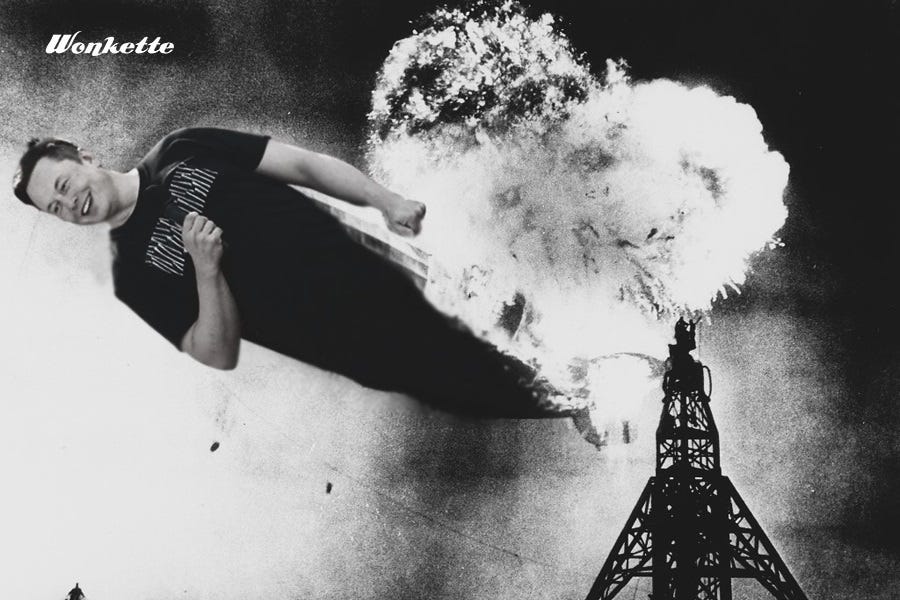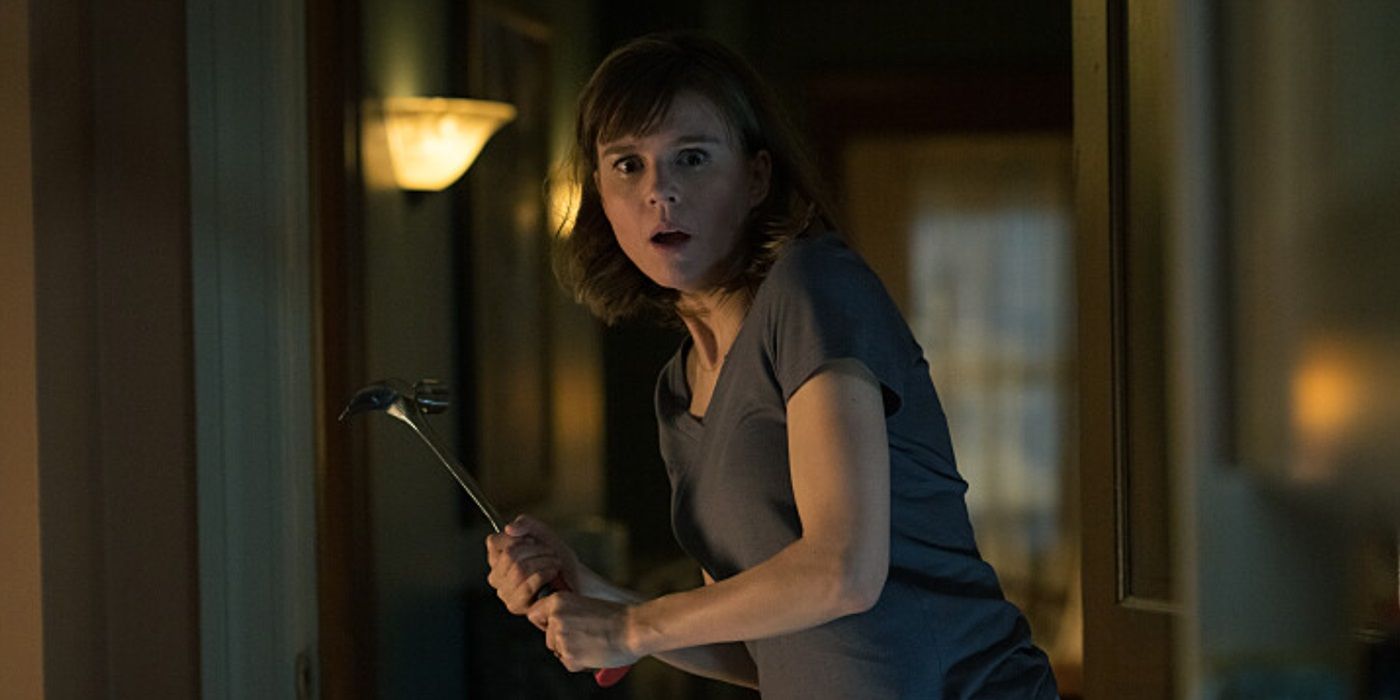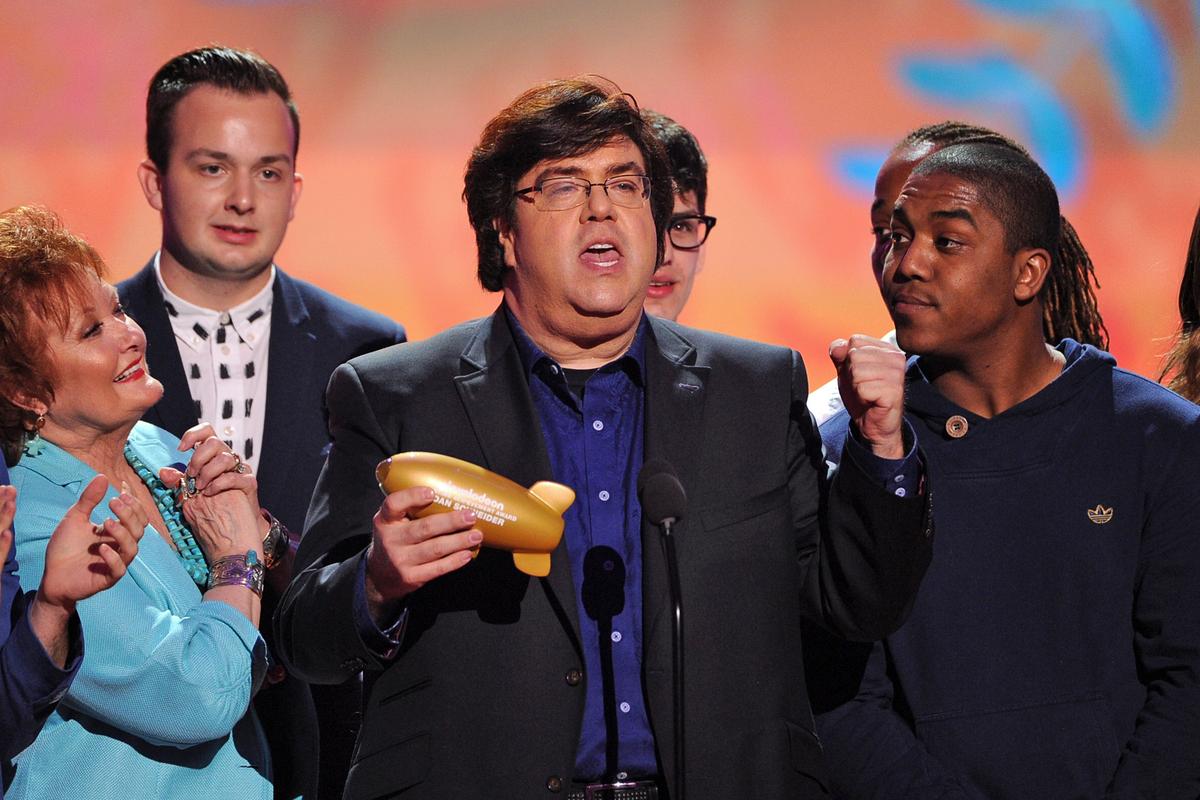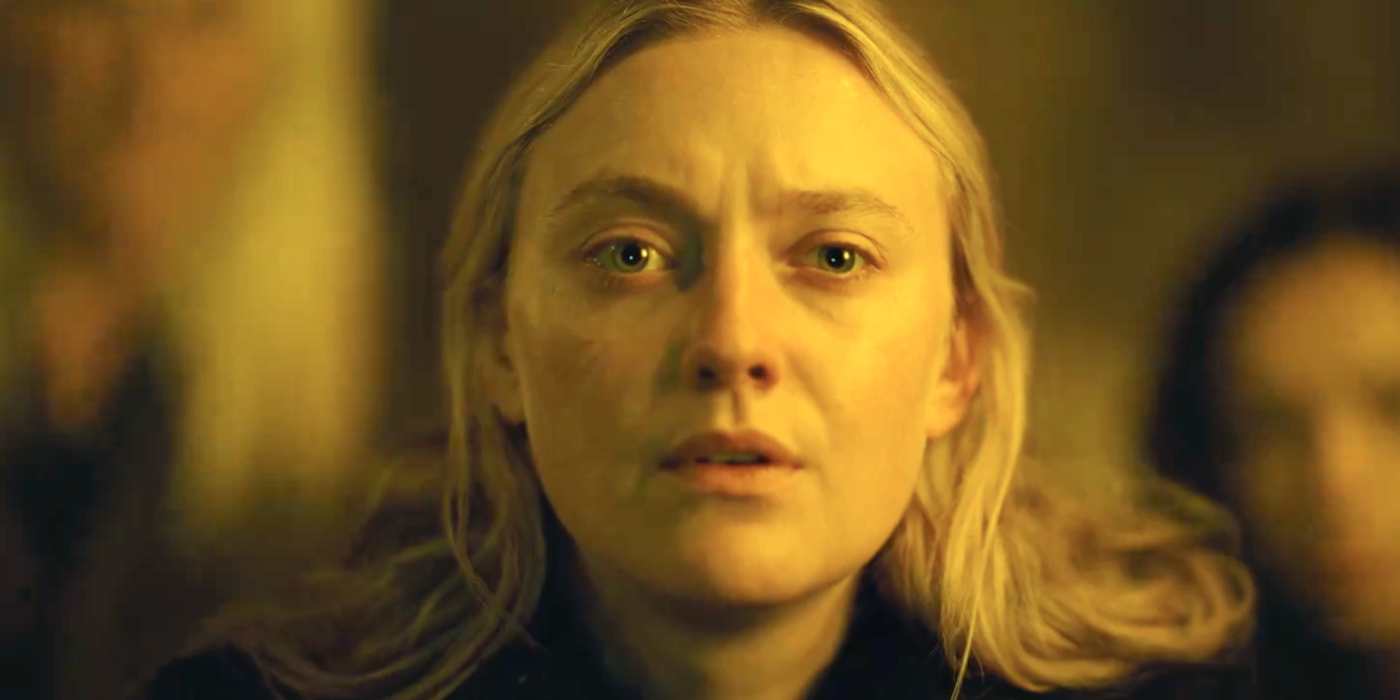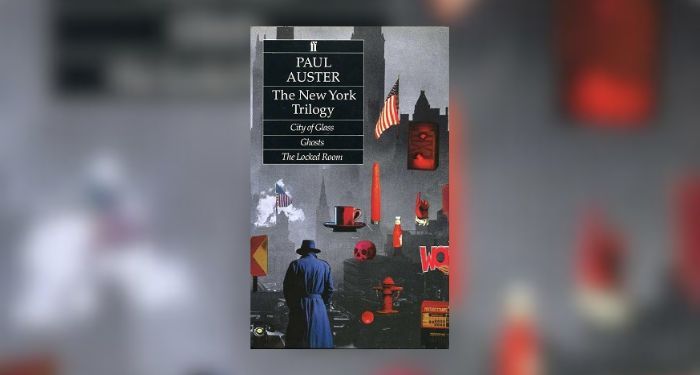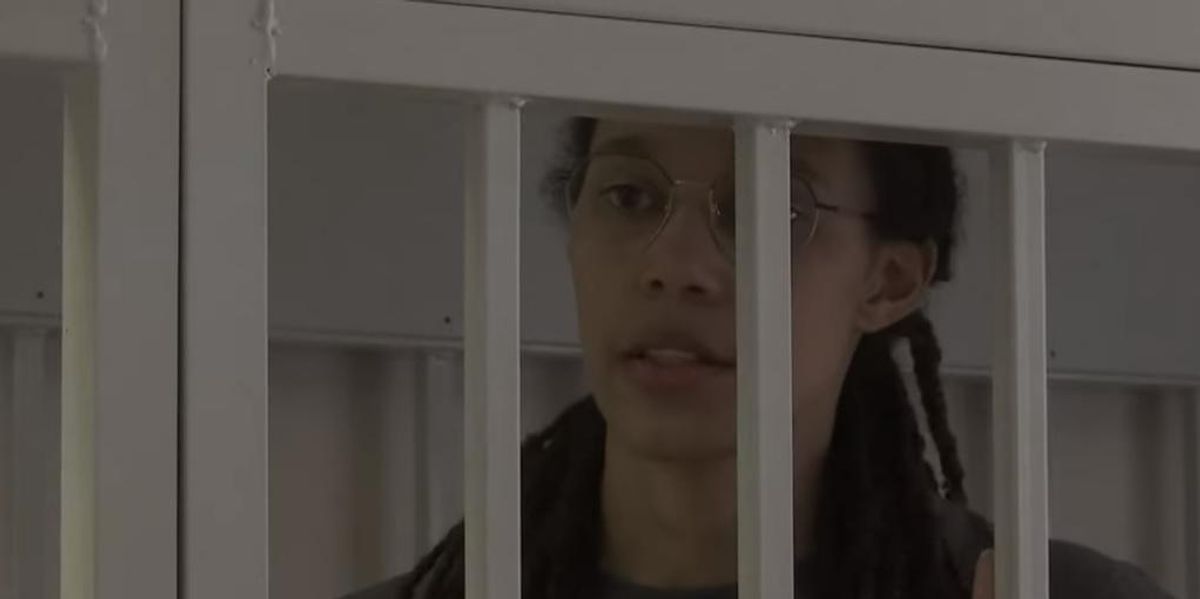Brad Pitt stars as Ladybug, a former assassin ordered to board the train, steal a briefcase, and get off. He’s replacing another assassin who became unavailable at the last minute, and he refuses his handler’s advice to carry a gun because he just got out of anger management and has renounced killing. Ladybug’s fellow killers are a bomber crew of homicidal oddballs. Joey King is “The Prince,” who poses as an innocent schoolgirl appalled by the cruelty of men, but immediately reveals herself as a clever and ruthless engine of destruction. Brian Tyree Henry and Aaron Taylor-Johnson (who’s groomed to look like the evil drunk Begbie from the original “Trainspotting“) are brothers who have gone from mission to mission racking up a body count seemingly in the triple digits, and now find themselves on the train protecting the briefcase and escorting the depressed twentysomething wastrel son (Logan Lerman) of a terrifying crime boss known as the White Death.
The White Death is a Russian who took over a Yakuza family. His face isn’t shown until the end of the story (it’s more fun for the audience to resist Googling who plays him, because his casting is one of the best surprises in the whole thing). Hiroyuki Sanada is “The Elder,” a greying but still lethal assassin connected to the White Death, and Andrew Koji is “The Father“—The Elder’s son, obviously; they’re out for vengeance because somebody pushed The Elder’s grandson off a department store roof, putting him in a coma. They believe the person responsible is on the train, mingling with all the other agents of death.
The plot initially seems goal-driven, revolving around the comatose grandson and the metal briefcase. But as the script adds new fighters to the mix, and establishes that they’re all tangentially connected, “Bullet Train” morphs into a half-assed but sincere statement on fate, luck, and karma—and Ladybug’s constant (and often humorously annoying) comments on those subjects, voiced in discussions through a handler (Sandra Bullock’s Maria Beetle, heard via earpiece), start to feel like an instruction manual for grokking what the movie is “actually” up to. (Ladybug is kind of a post-credits Jules from “Pulp Fiction” after repudiating violence, but he’s still stuck in the life, and it has become more challenging because he has resolved never to pick up a gun again.)








